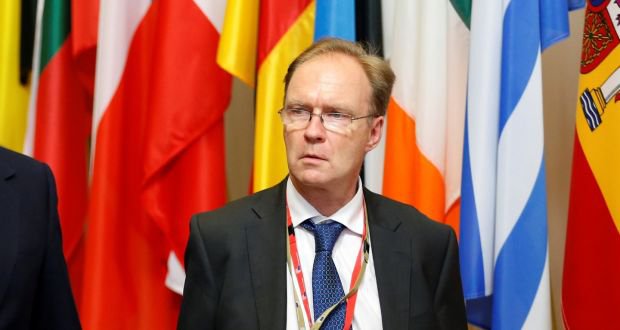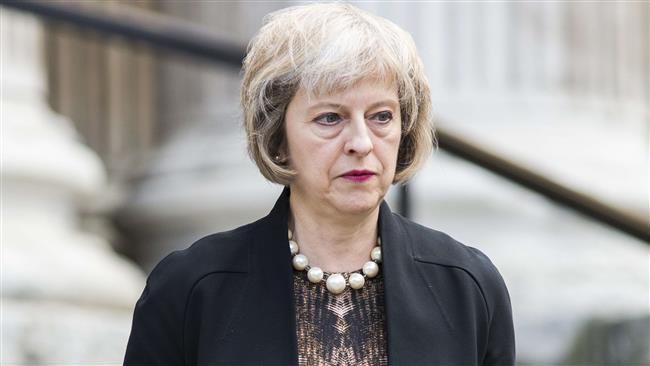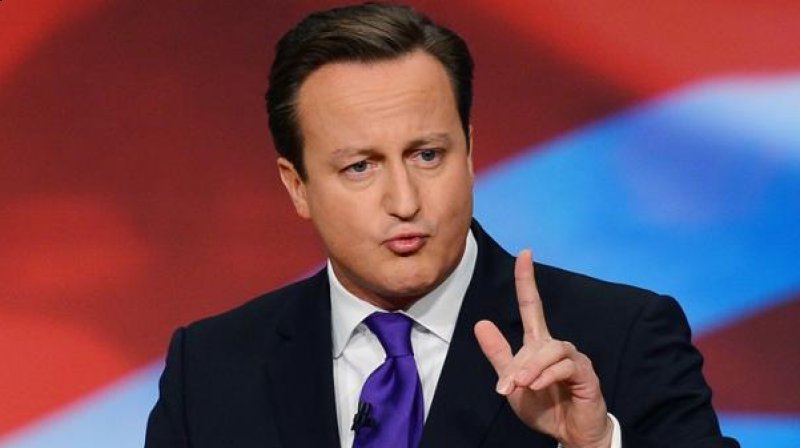Britain’s ambassador to the European Union has abruptly resigned just three months before Prime Minister Theresa May starts formal Brexit negotiations.
Ivan Rogers, Britain’s permanent representative to the EU, told staff on Tuesday afternoon that he would be step down from his post early, said the Financial Times, which was first to report the resignation on Tuesday.
Rogers did not explain the reasons for resigning, according to people who have seen his note to diplomatic staff.

“This weakens May’s ability to get a good EU deal,” said Charles Grant, Director of the Centre for European Reform think tank. “Ivan Rogers was one of the very few people at the top of the British government who understand the EU.”
The resignation is the second by a senior British EU official in the wake of the referendum. Jonathan Hill quit as Britain’s European commissioner in June.
May has said she will trigger formal Brexit talks – likely to be among the most complicated negotiations in post-World War Two European history – by the end of March.

Britons’ vote to leave the bloc has opened a huge number of questions including whether exporters will keep tariff-free access to the single European market and British-based banks will still be able to serve continental clients, not to mention immigration and the future rights of the many EU citizens already living in the United Kingdom.
Rogers, appointed by former Prime Minister David Cameron as Britain’s envoy to Brussels in November 2013, is one of Britain’s most experienced diplomats on EU affairs. He formerly worked in Downing Street, the British Treasury, the European Commission and at Citigroup and Barclays Capital.

But after Cameron lost the June 23 Brexit vote, Rogers drew criticism for lacking ambition in Cameron’s 2015 attempt to redefine Britain’s relationship with the bloc.
The failure of Cameron’s so called EU “renegotiation” was cast by some supporters as one of the reasons that Cameron lost the June vote.
Rogers warned May’s ministers that the European consensus was that a trade deal with the EU might not be done until the early to mid-2020s and that national parliaments could ultimately reject it, the BBC reported last month.

















